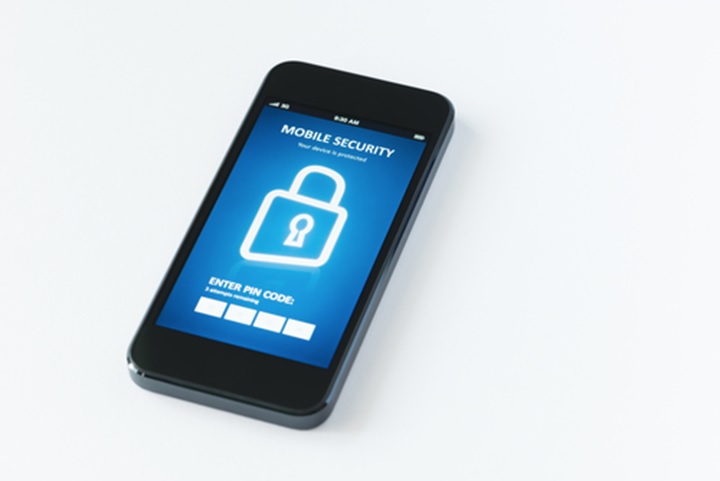
Computer encryption is the major security debate today. Between Edward Snowden and other government leaks, the public has been more receptive to having encryption on their devices. Even if you “don’t have anything to hide,” it is still a reasonable, quick and easy security measure. The more you know about the encryption debate, the more you will understand what the future holds.
Why Encryption Is Important
You store so much personal information on your phone that it can be more damaging to lose your smartphone than your wallet. While your wallet might have some cash and a few cards that need to be cancelled, your phone has all that and more. NFC payments, personal information, photos, videos and email are all things that you most likely have within your smartphone’s memory.
If you do lose your smartphone or it is stolen, encryption keeps your data safe until you find it or remotely wipe it. Enabling encryption is like locking your home or car before you leave.
How You Can Protect Yourself
The first thing you should do when you get a new phone is go to the security settings and make sure some features are turned on.
Make sure you have a lock screen password, PIN or pattern. This prevents someone from casually checking your phone if you leave it unattended. Longer passwords are more secure but slower to type in and easier to forget. PINs and patterns are more convenient but tend to be shorter and easier to crack. Fortunately, these are difficult to crack by brute force because lockout times increase for every incorrect guess.
If you have a newer phone, encryption may be turned on by default. This is true for iOS devices running 8.0 like the iPhone 6s or Android devices running 5.0 or newer like the Galaxy S7. If the encryption is not turned on automatically, you can manually turn it on. The initial setup process takes some time, but subsequent use is seamless thanks to the fast processors of today’s phones. If your phone comes with a removable SD card, make sure to encrypt it as well to prevent it from being taken and accessed from a computer.
Legislation About Encryption
A bill called the Compliance with Court Orders Act of 2016, or CCOA for short, was introduced by Richard Burr (R-NC) and Dianne Feinstein (D-CA) after the San Bernardino shootings of December 2015. The bill’s goal is to force a tech company, such as Apple or Google, to create a way to bypass the security of your smartphone.
Many security experts find fault in this bill because it has broad language that essentially tells tech companies to “just figure it out.” There also is a lack of language that balances privacy and reasonable searches. Privacy and security experts also point out the fundamental contradiction of forcing companies to make deliberately weaker encryption. The more points of entry that are available inherently make the device less secure and vulnerable to hacking.










![Watch Video Now on xiaohongshu.com [以色列Elevatione perfectio X美容仪 perfectio X 全新仪器黑科技了解下]](https://www.techburgeon.com/wp-content/uploads/2019/07/perfectiox-singapore-150x150.jpg)
